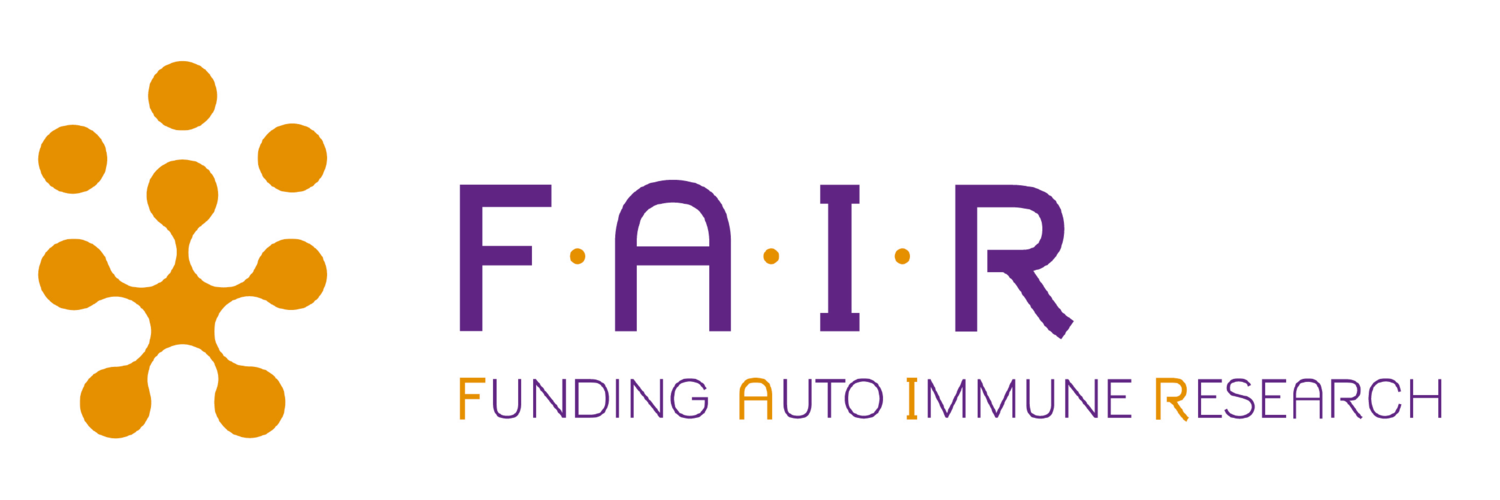IgA Vasculitis
Nephrology project led by Dr Louise Oni, Senior Lecturer in Paediatric Nephrology and Honorary Consultant Paediatric Nephrologist, University of Liverpool / Alder Hey Children’s Hospital.
Dr Oni is evolving as an international leader in childhood renal inflammatory diseases, in particular lupus nephritis and IgA vasculitis. She aspires to lead an internationally competitive centre for kidney injury and inflammation. Immunoglobulin (Ig) A vasculitis (IgAV) is the most common form of childhood vasculitis.
Vasculitis is where the blood vessels in the body become swollen and inflamed. In this condition it causes an obvious rash that leads to children presenting for medical attention. It also causes children to get sore joints, tummy pains and inflamed kidneys. The most serious consequence of IgAV is nephritis. 20-80% of children will get renal inflammation of which around 10% of patients will develop persisting kidney disease requiring immunosuppressive treatment. In 1-2% of children it will cause devastating end stage kidney failure.Current management adopts a ‘watch and wait’ approach where all children diagnosed with IgAV are committed to a 6 month monitoring period to assess for signs of renal inflammation. This is a stressful time for families, many of whom will have a normal renal outcome, and is a demand on health care resources. Earlier markers of renal inflammation and better treatments are desperately needed to provide insight into how to improve outcomes for this disease.
This project will provide the opportunity to develop a scoring tool to quantify the extent of disease activity in children with IgA vasculitis that will be vital for conducting clinical trials. It will begin to explore novel urinary biomarkers that may act as early clues to the pathogenesis and help predict who may get kidney problems. The IgA – VAS clinical scoring tool will be the first of its kind. It will have a key role in accelerating the robustness of urgently needed clinical trials and is likely to have international impact. The project will train a medical student to complete an MPhil – the ‘FAIR MPhil intercalating student’ – and the charity will be acknowledged on all outputs from the project.
The results will be published in scientific journals, presented at conferences and summarised in lay form for the patients and public.
